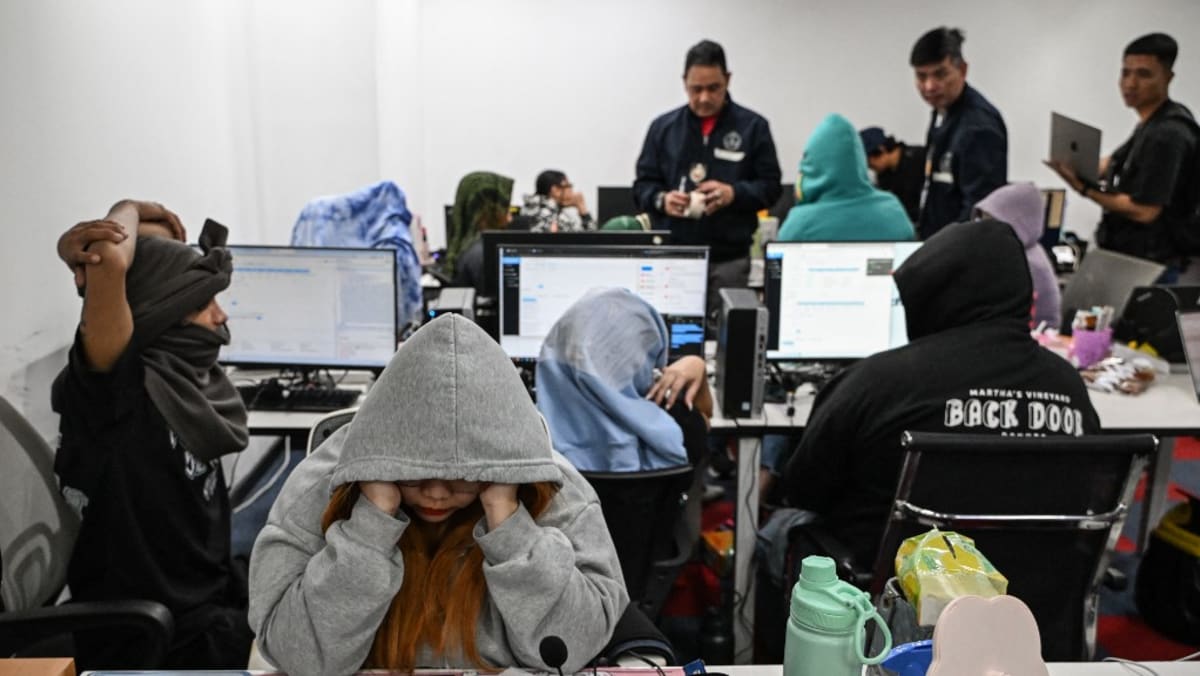Last week, I wrote about the conviction of Singapore’s former minister of transport S. Iswaran for improperly obtaining valuables, a case that has shocked Singaporeans, who, like Hongkongers, do not tolerate corruption in the government and civil service.
A case involving corruption in China in the late 18th century was so massive in scale that it shocked the entire nation at a time when public venality had been the norm for centuries, and where an honest bureaucrat was a rare breed.
This policy gave university places to men who did not have to pass any entrance examinations, in recognition of their contributions of grain or money to the state.
Even without the necessary academic qualifications or aptitude, these “students by purchase” could enjoy the status and privileges of a student of the national university, and the opportunities and networks that a place in the august institution afforded.







